The Medical Society of South Carolina was founded
On Dec. 24, 1789, the Medical Society of South Carolina was founded in Charleston on Christmas Eve by…
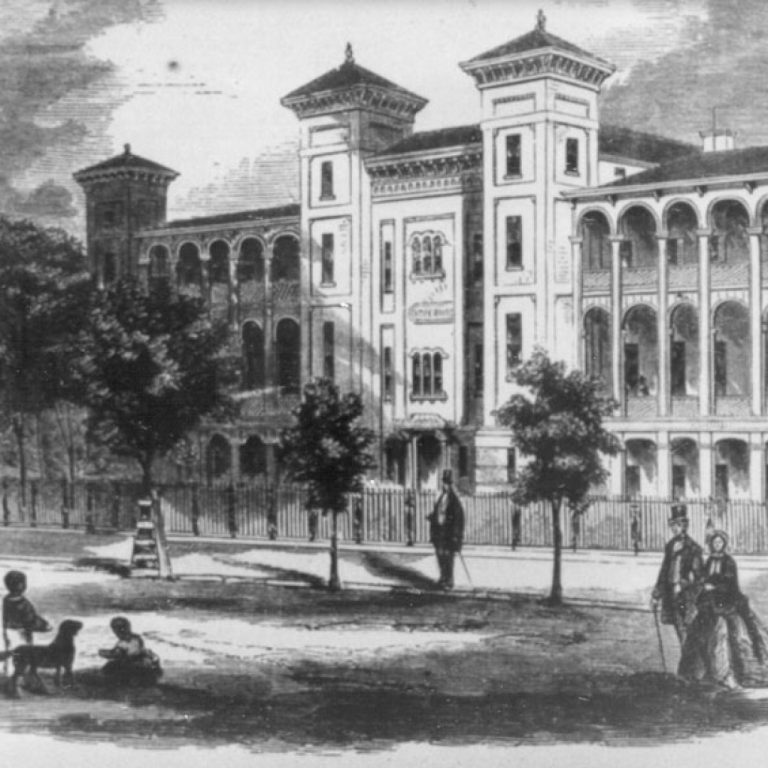
On Dec. 24, 1789, the Medical Society of South Carolina was founded in Charleston on Christmas Eve by…

On Dec. 11, 1789, the University of North Carolina (UNC) was founded. UNC was the first public university…
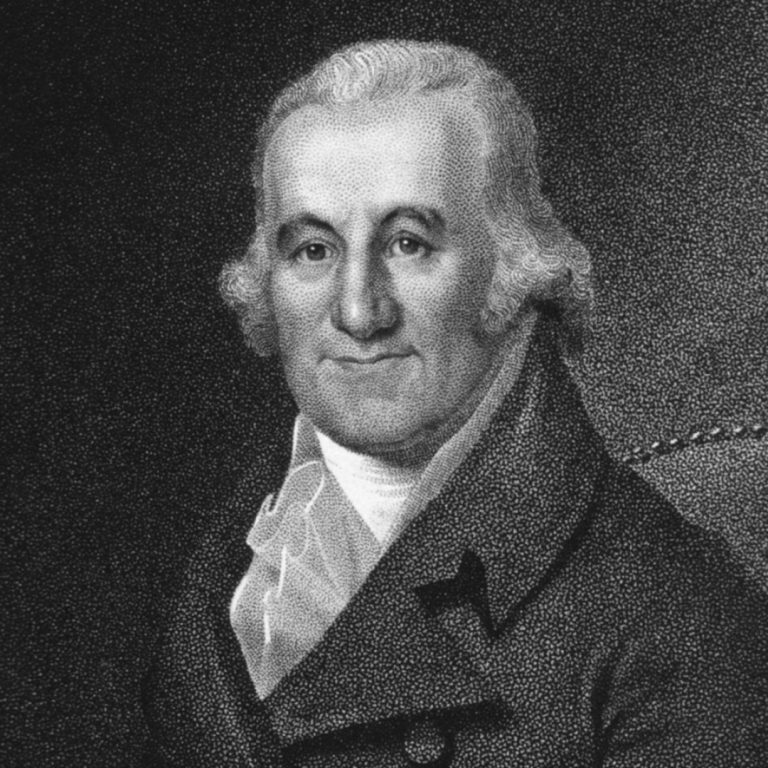
In 1787, Caspar Wistar, M.D., began his medical practice in Philadelphia. Dr. Wistar was the author of the…

In 1789, British physician Michael Underwood provided the first clinical description of polio. Underwood referred to polio as…
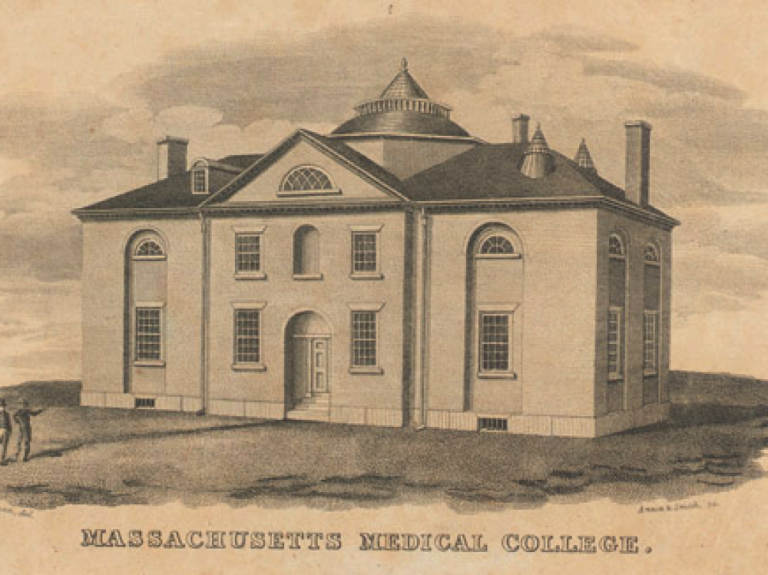
In 1788, The first class graduated from the Massachusetts Medical College of Harvard University.

On Feb. 13, 1786, first meeting of the University of Georgia board of trustees was held and Abraham…
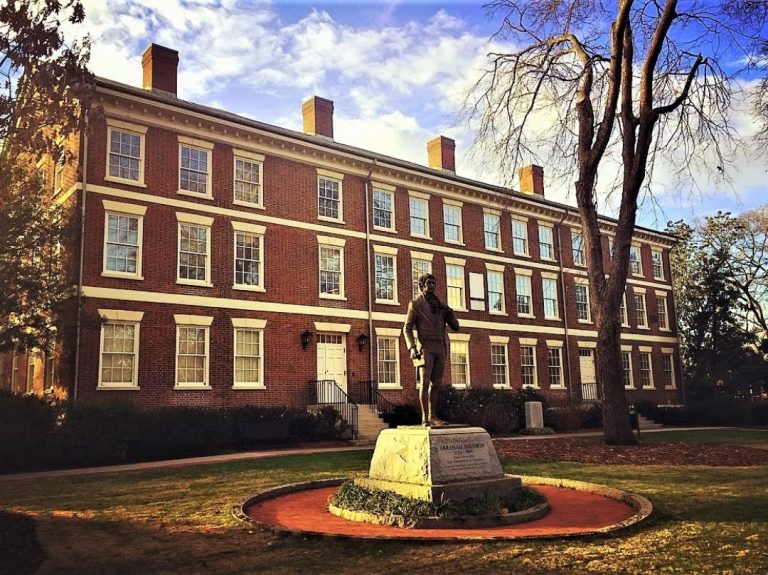
On Jan. 27, 1785, the University of Georgia was incorporated by the Georgia General Assembly, making it the…
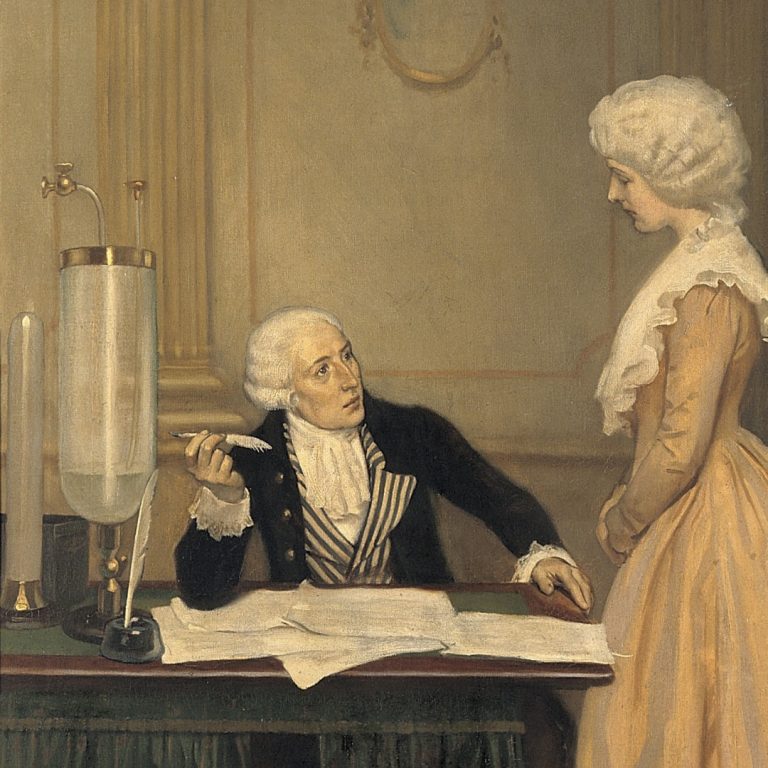
In 1784, Frenchman Antoine Lavoisier the “Father of modern chemistry” and Pierre-Simon Laplace discovered that animals take in…

On Sept. 19, 1782, the Harvard Medical School was founded by Dr. John Warren a graduate of Harvard…
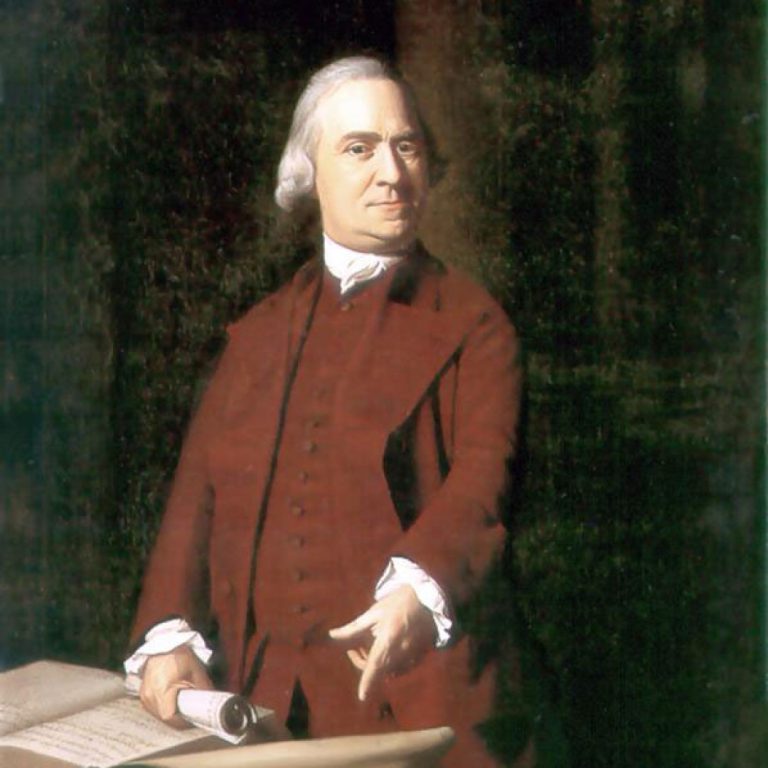
On Nov. 1, 1781, the Massachusetts Medical Society was established, and its charter was signed by Samuel Adams,…

On Dec. 13, 1769, Dartmouth College was founded in Hanover by Eleazar Wheelock as a school to educate…
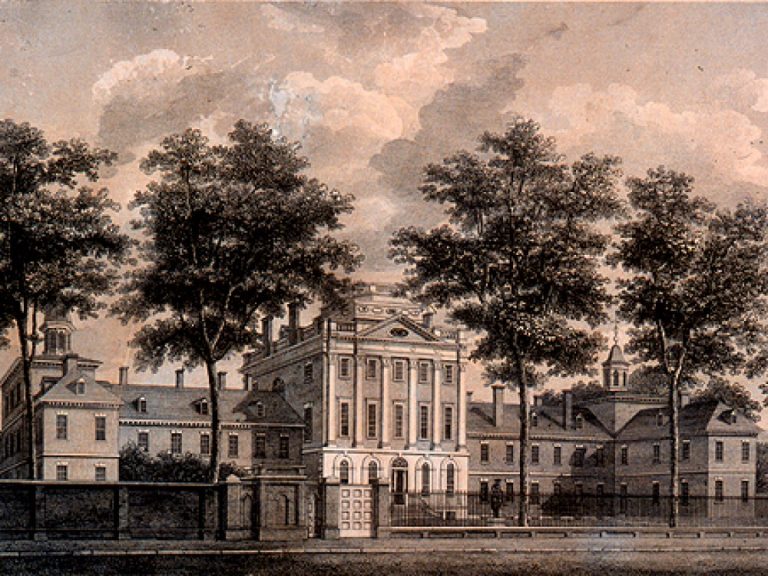
In 1765, The College of Philadelphia, now Pennsylvania School of Medicine, opened its doors becoming the first and…
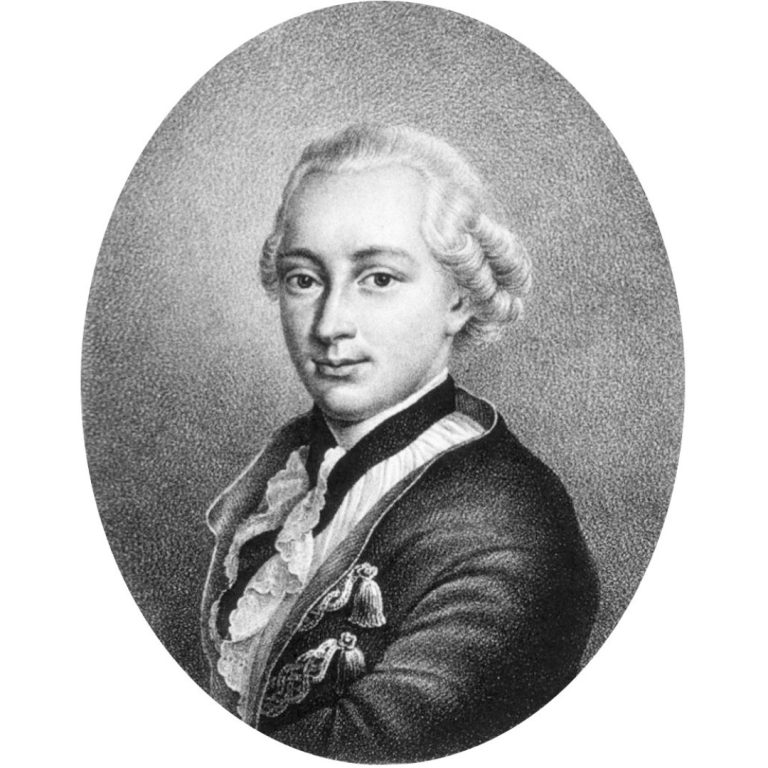
In 1761, German botanist Joseph Koelreuter reported successful crossbreeding of crop plants in different species.
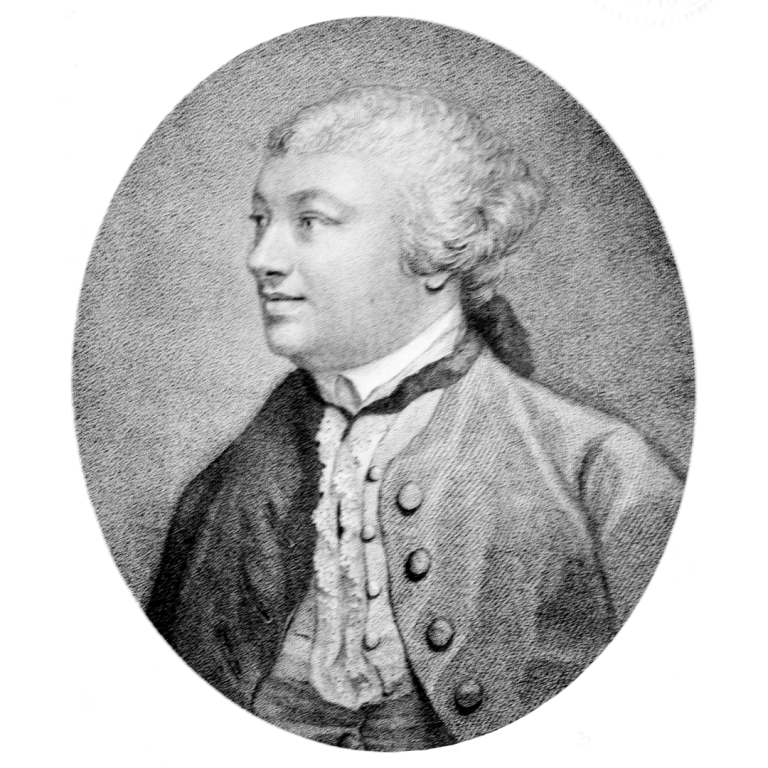
In 1761, physician John Hill confirmed the role of local irritation and inflammation in causation of cancer. In…
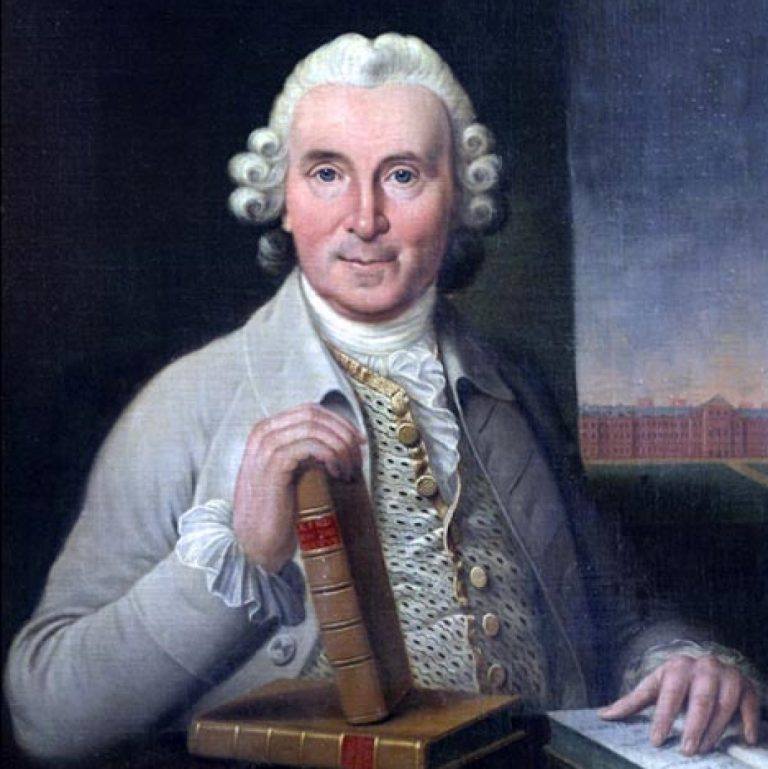
In 1753, Scottish physician James Lind of the British Royal Navy published “A Treatise on the Scurvy” in…

In 1751, Pennsylvania Hospital, the nation’s first hospital opened at the University of Pennsylvania.
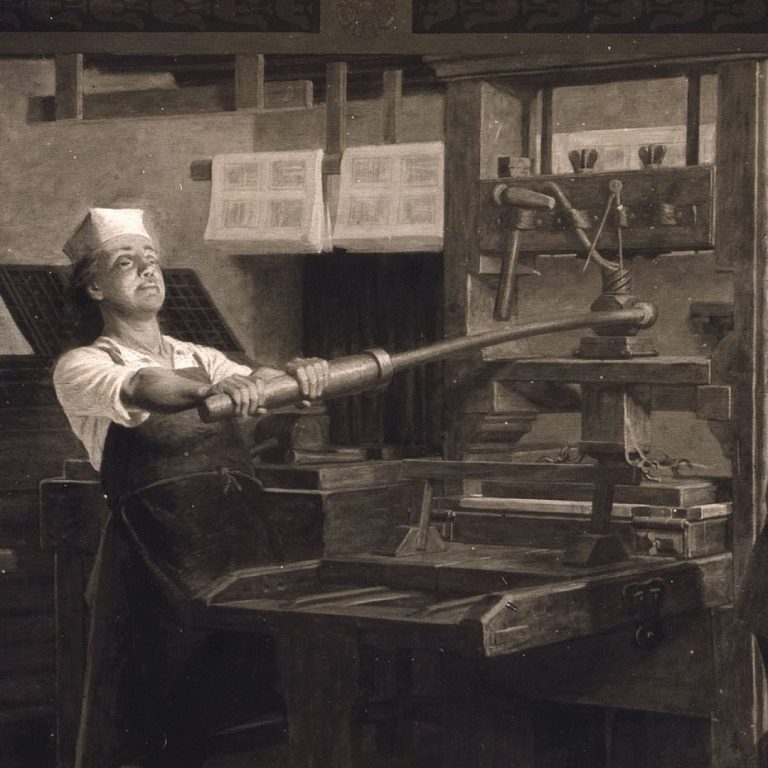
In 1749 in Philadelphia, Benjamin Franklin presented his vision of a school in a pamphlet titled Proposals for…
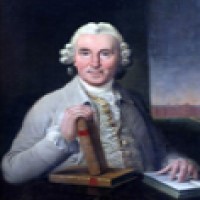
On May 20, 1747, James Lind of the British Royal Navy started his famous scurvy clinical trial. In…

Beginning in 1746, King Gustav III of Sweden, who viewed coffee consumption as a threat to the public…
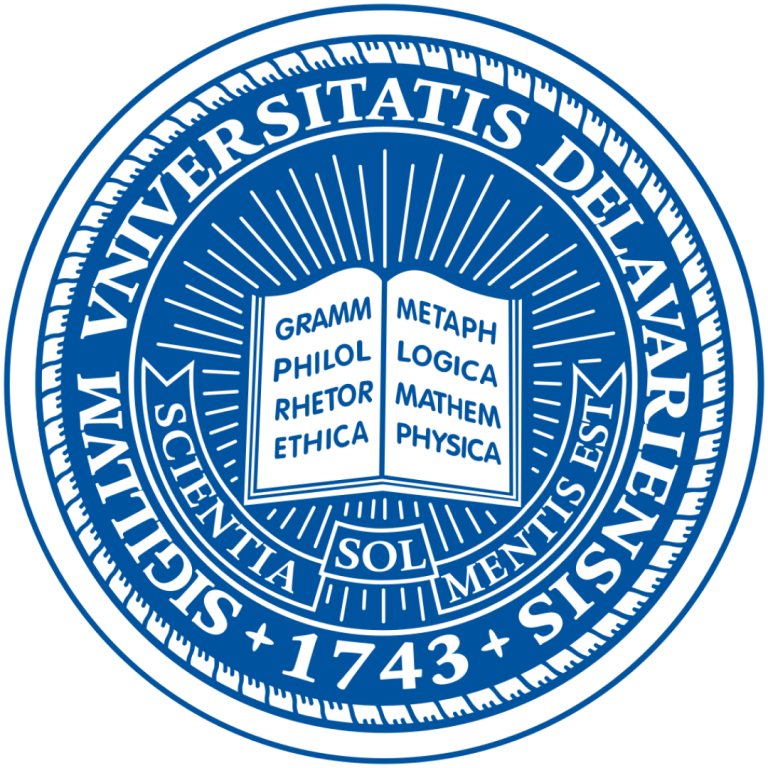
In 1743, the University of Delaware traces its roots to the Free School founded in New London, Pennsylvania…

In 1741, The first legislation for health surveillance was enacted in the American colony of Rhode Island. The…

In 1738, New York City Council established a quarantine anchorage off Bedloe’s Island, now known as home of…
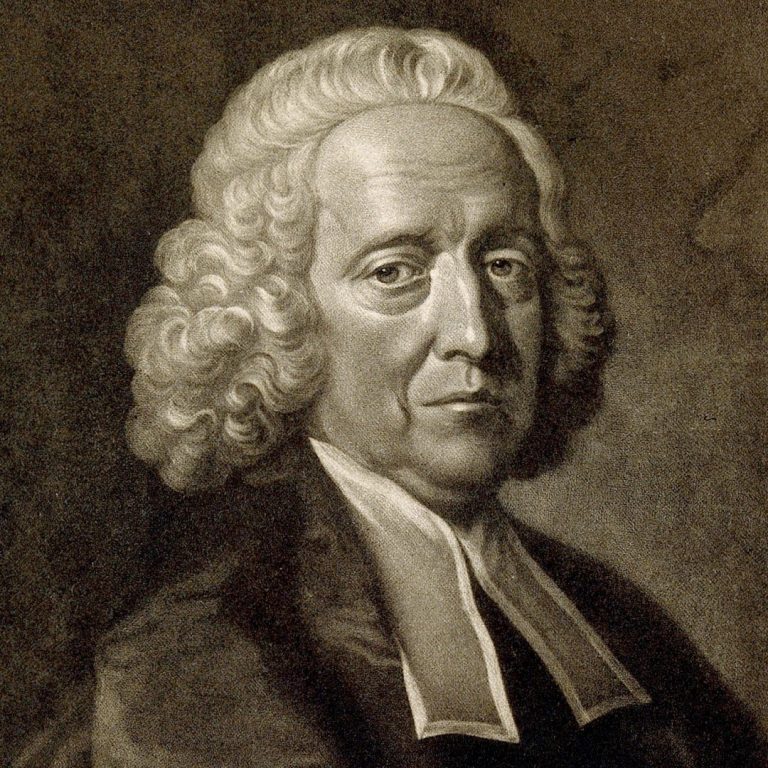
In 1727, Stephen Hales first measured the blood pressure in a horse. Hale continued his studies on cardiac…
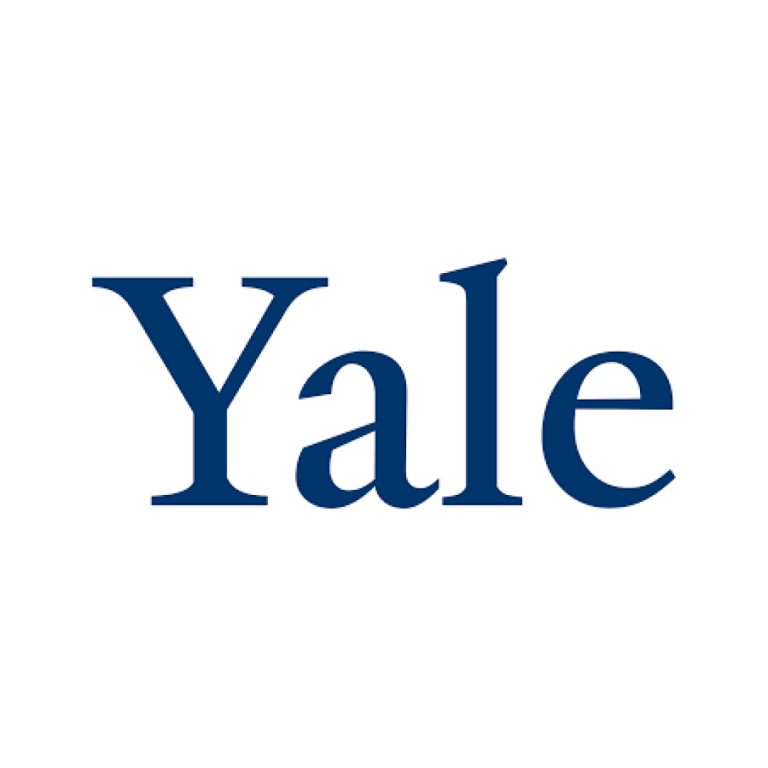
In 1723, Yale College awarded an honorary degree, the first medical degree given by an American university to…
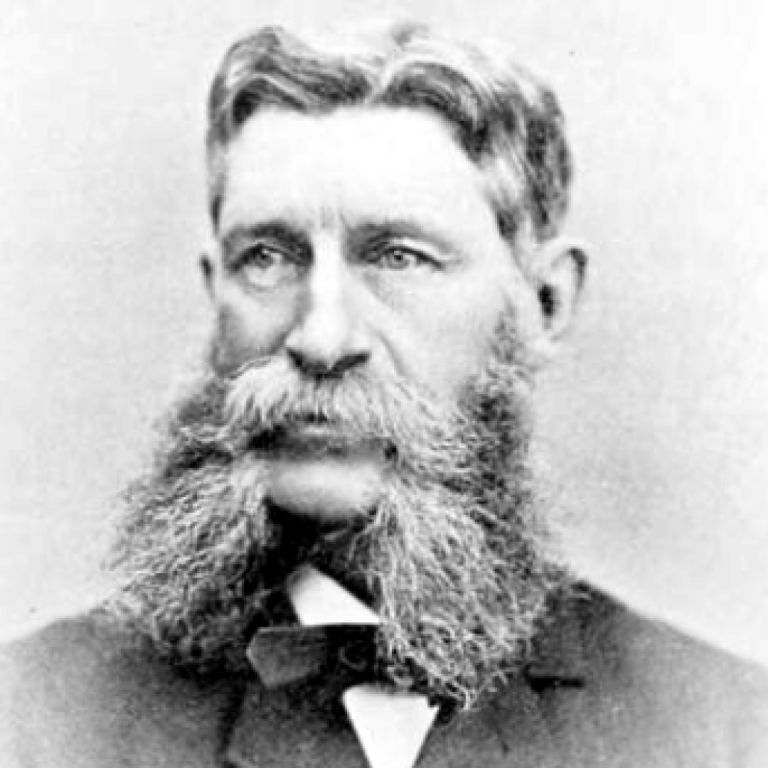
On Jun. 26, 1721, smallpox broke out in Boston, threatening to devastate the City. Zabdiel Boylston Adams, a…
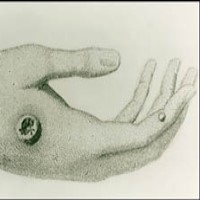
In 1721, the first vaccine in the U.S. was introduced by an enslaved African named Onesimus who brought…
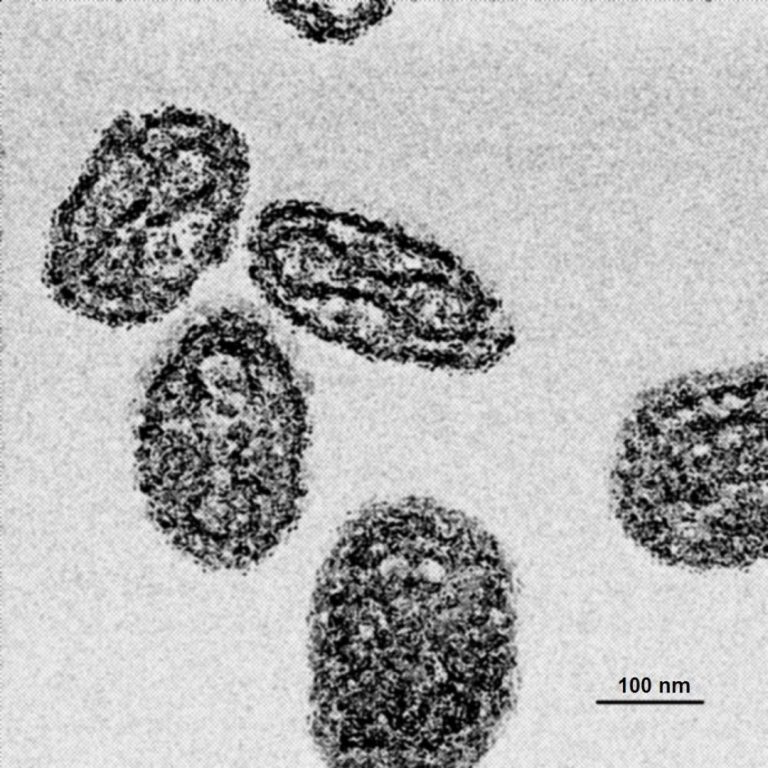
In 1721, variolation was introduced to Great Britain. In 1840, the British government passed the Vaccination Act that…
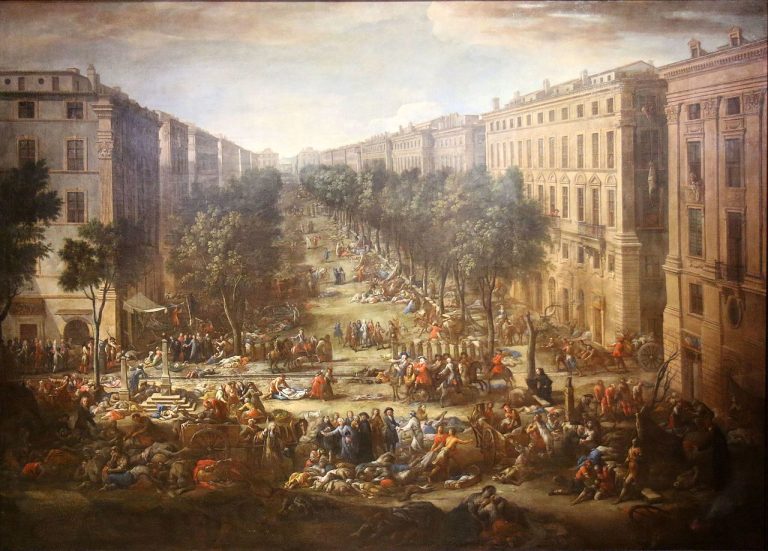
On May 25, 1720, the Great Plague of Marseille began with the arrival of the Grand St Antoine…

In 1701, Yale University was founded as the Collegiate School in the home of Abraham Pierson, its first…
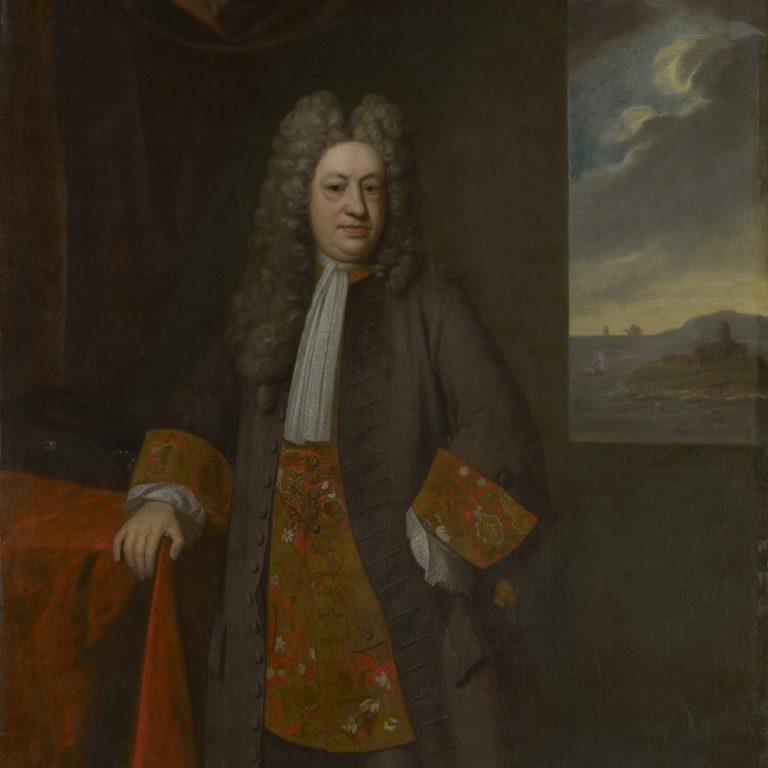
In 1718, the Collegiate School (Yale University) was renamed Yale College in recognition of Elihu Yale’s donation of…